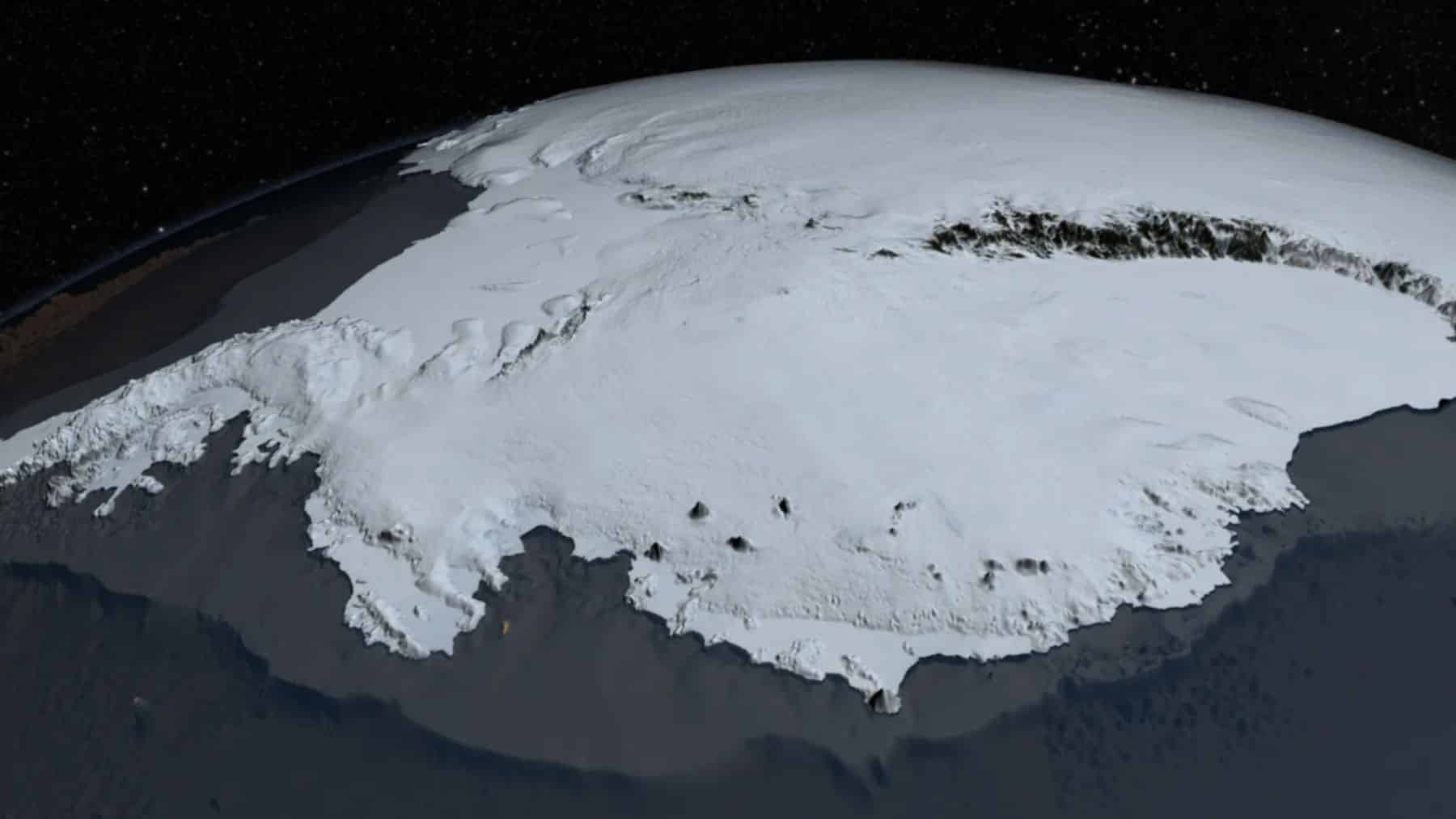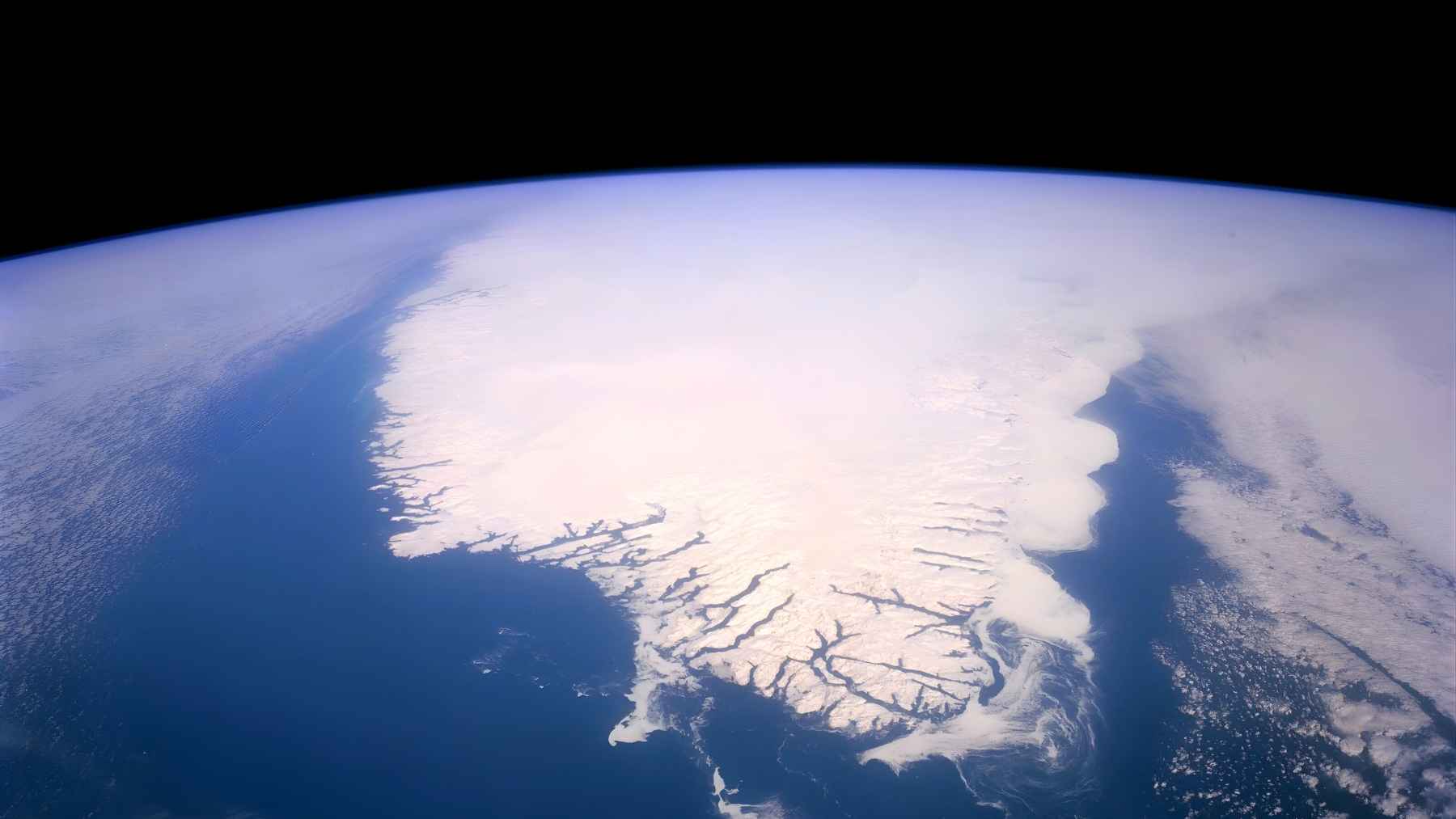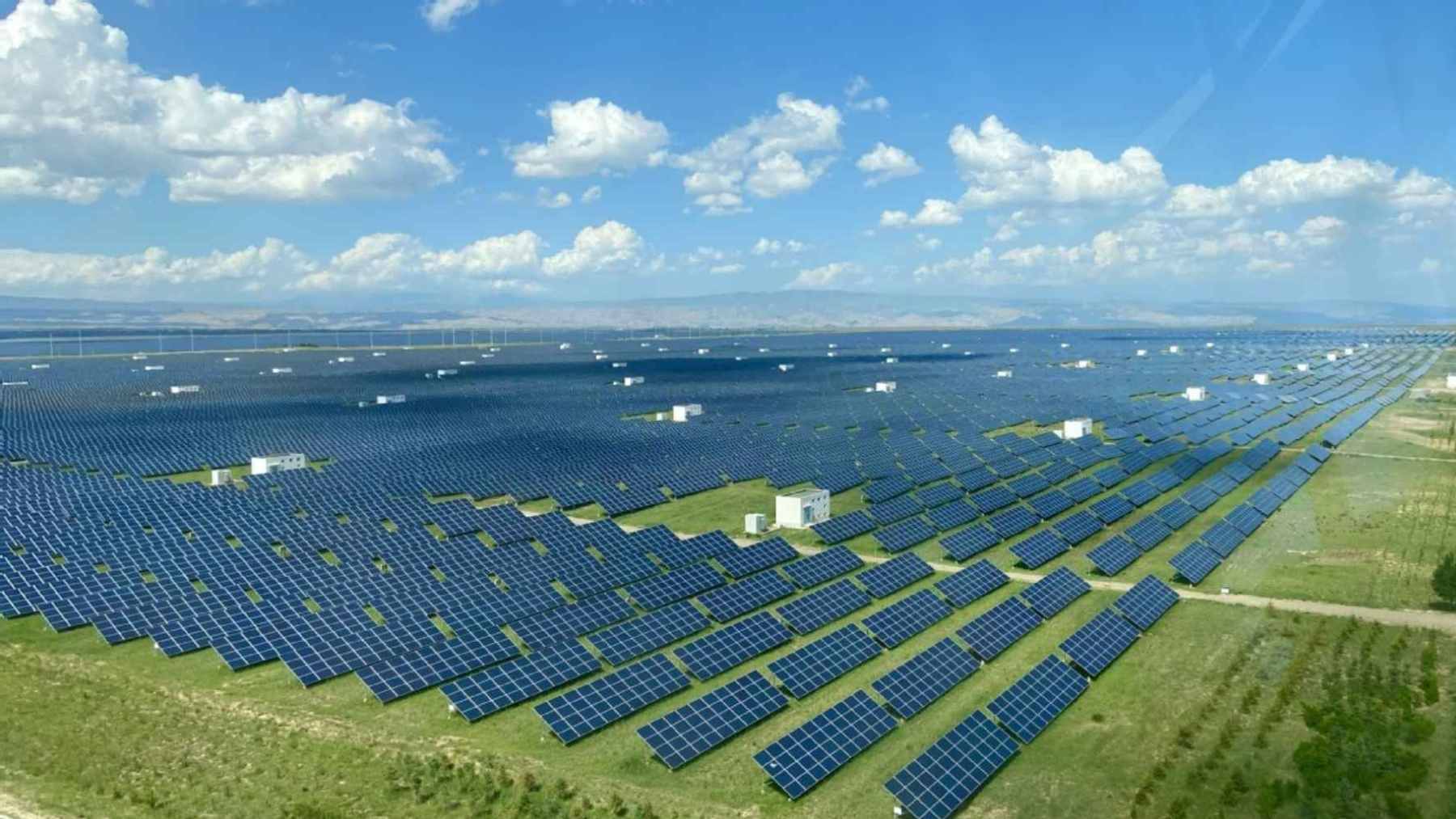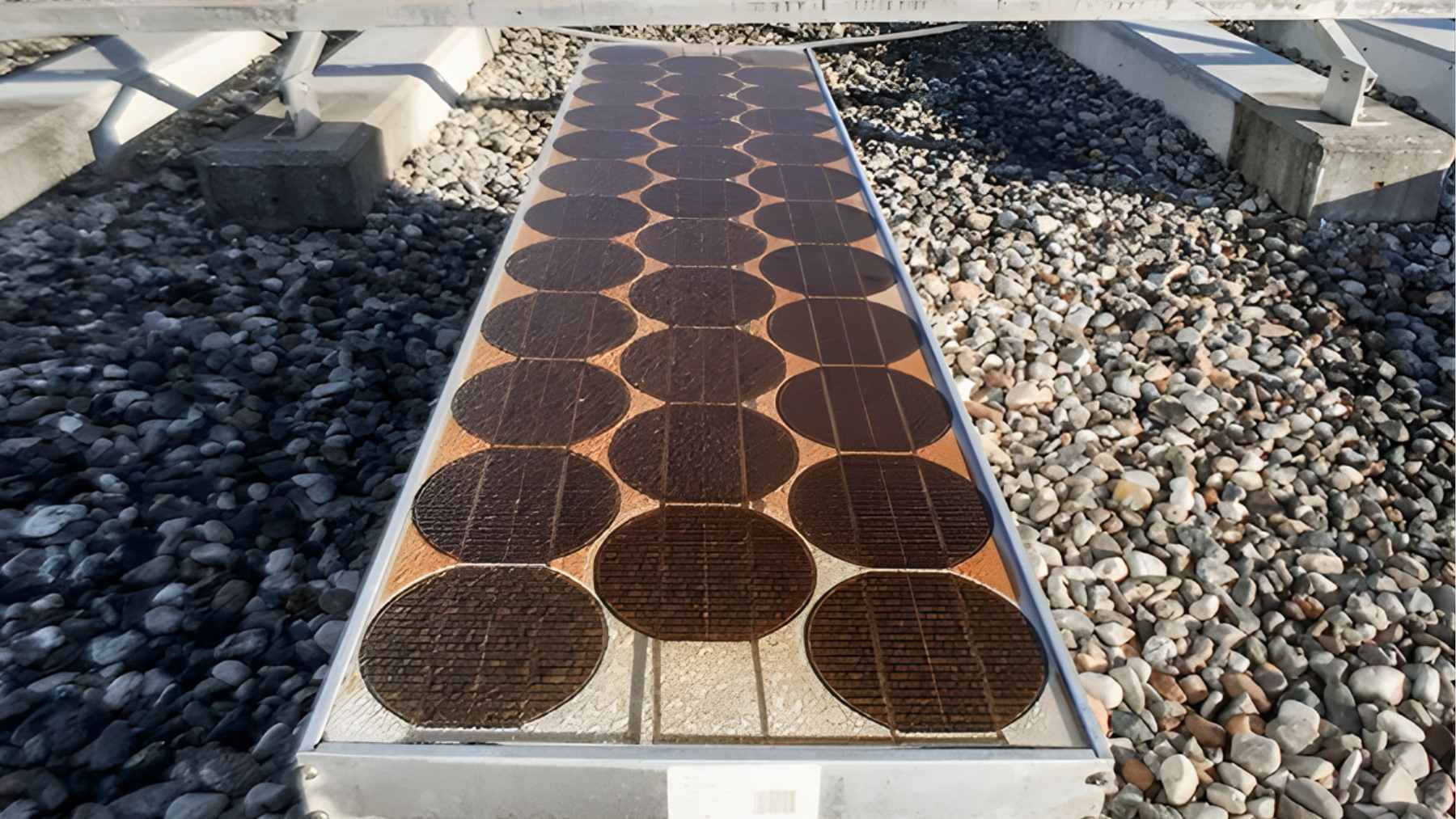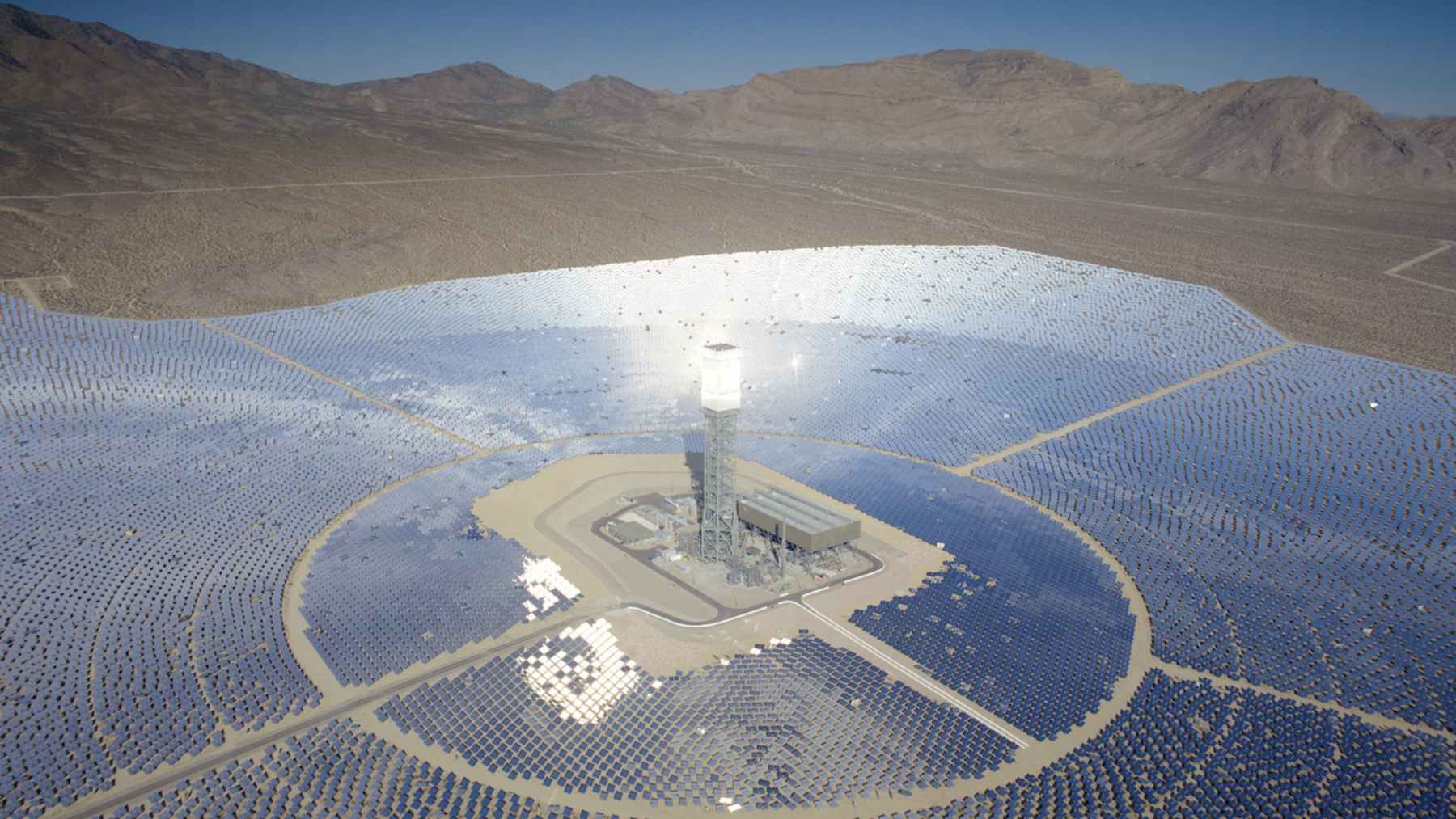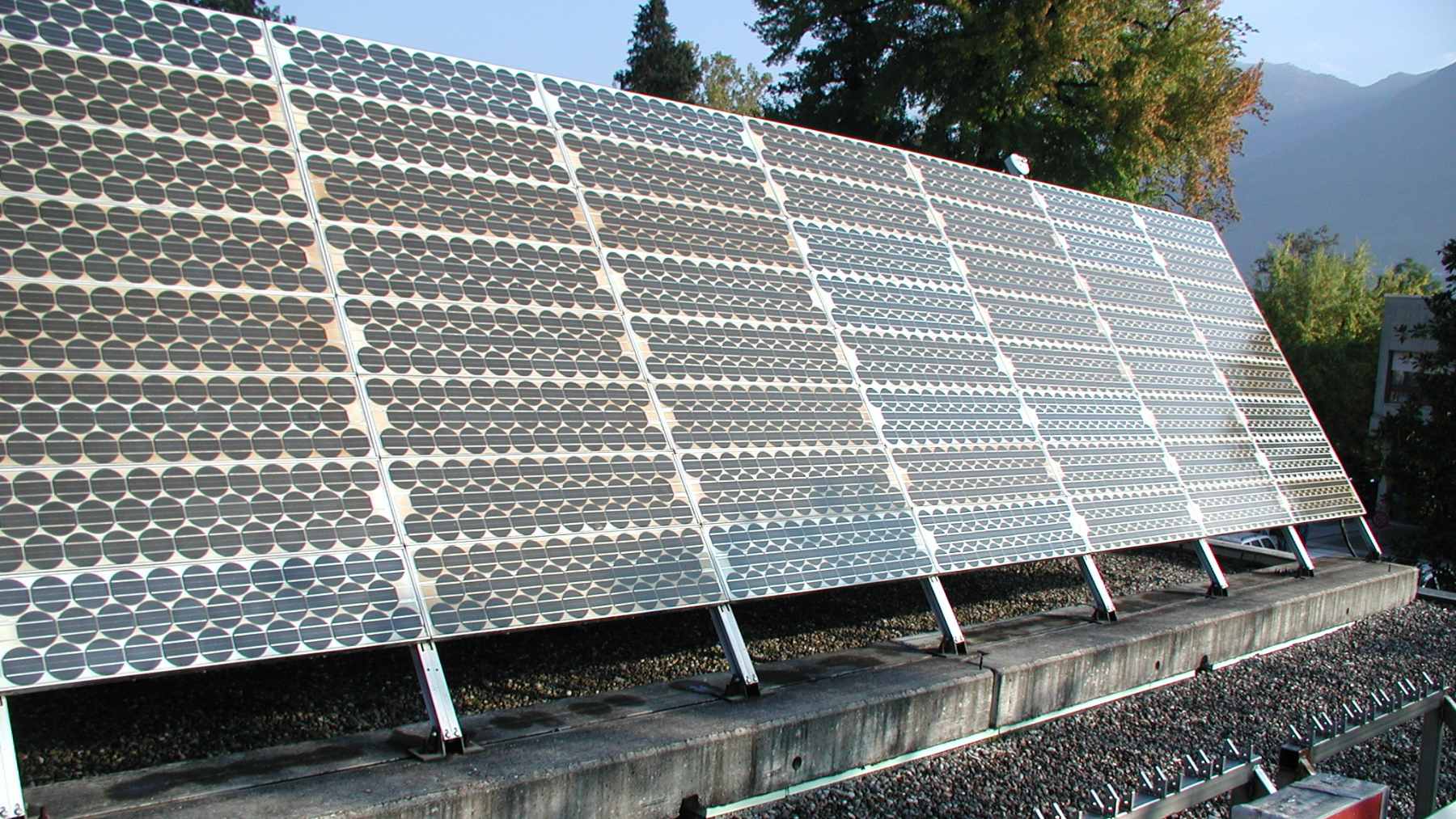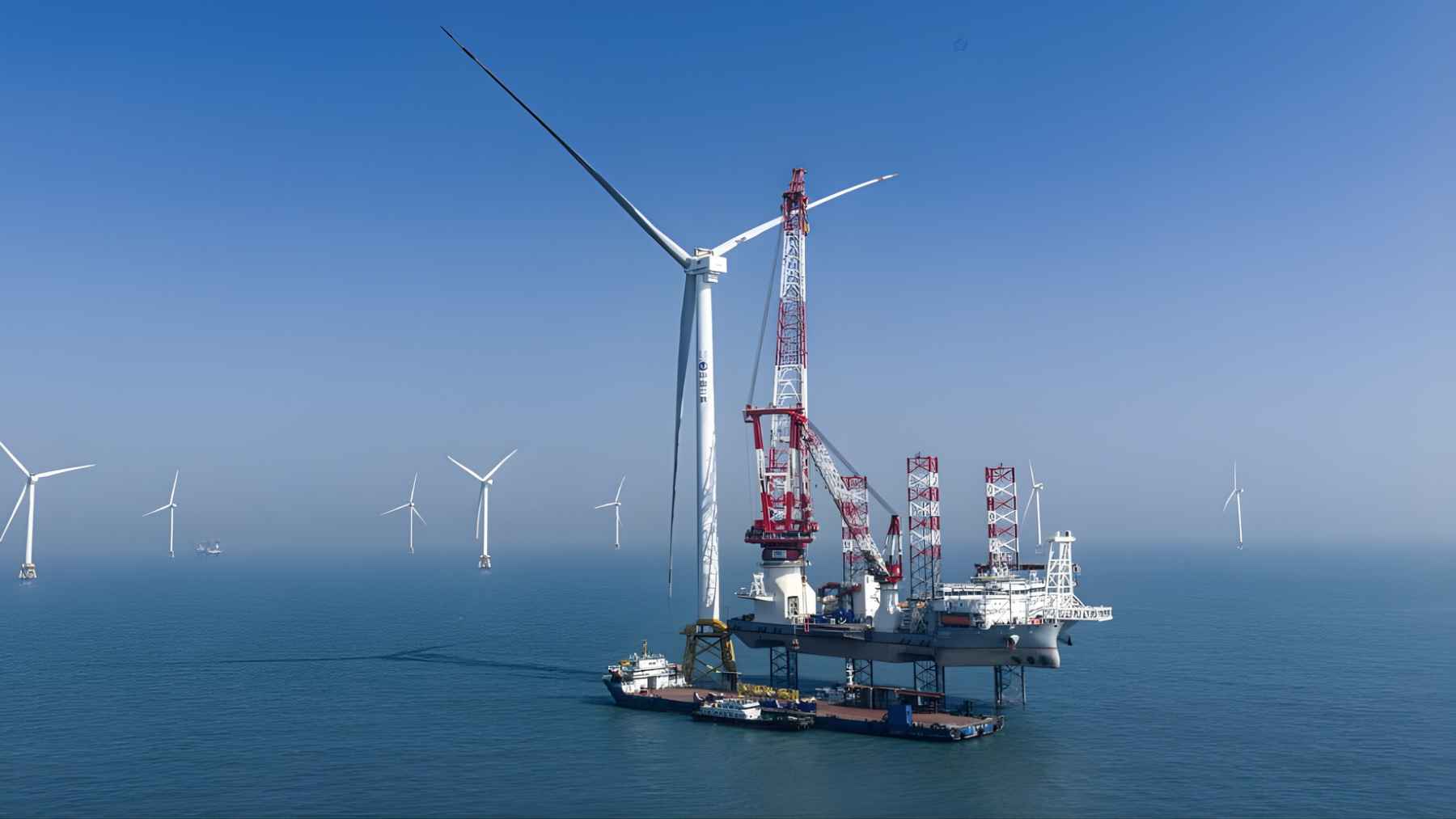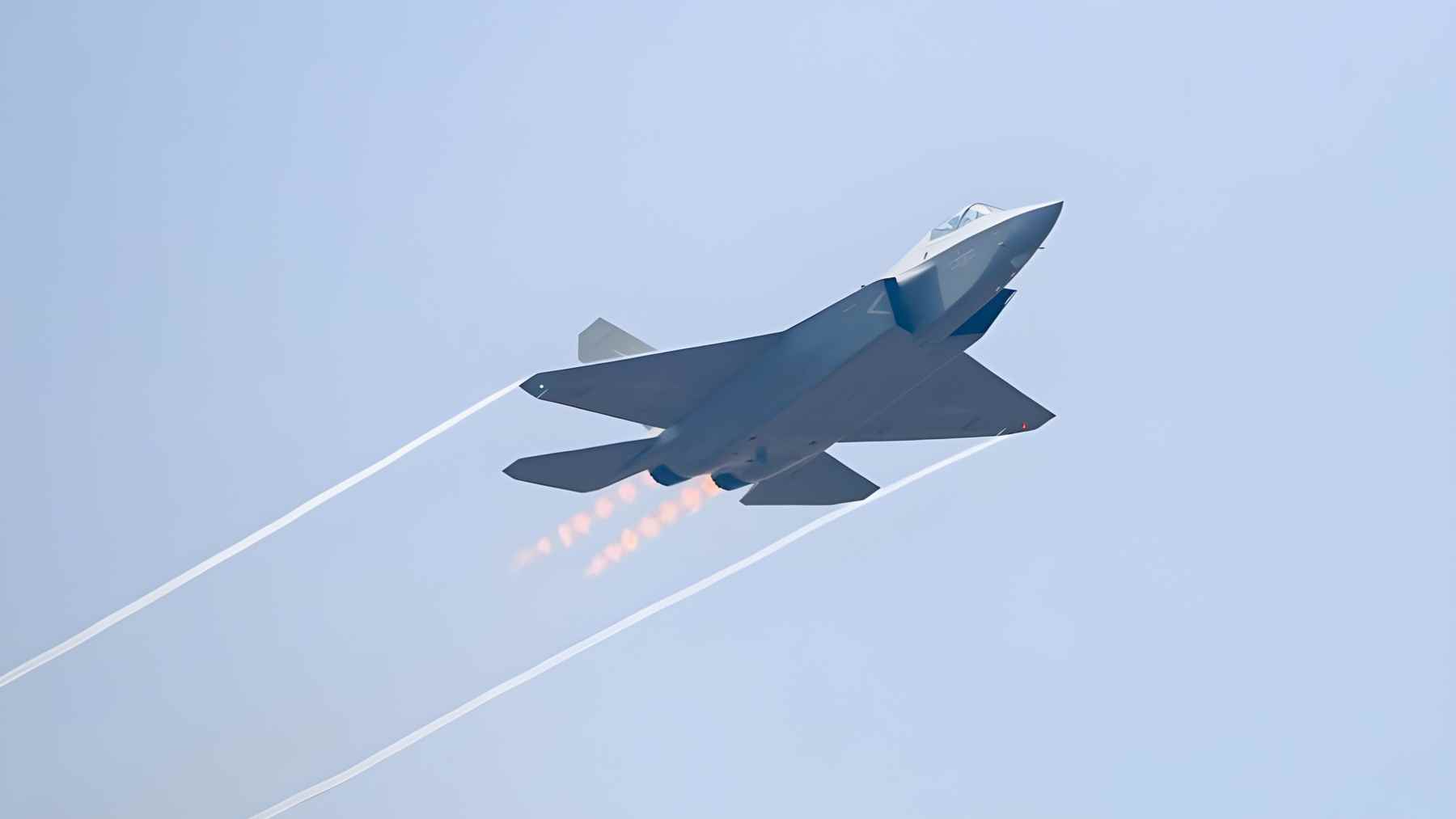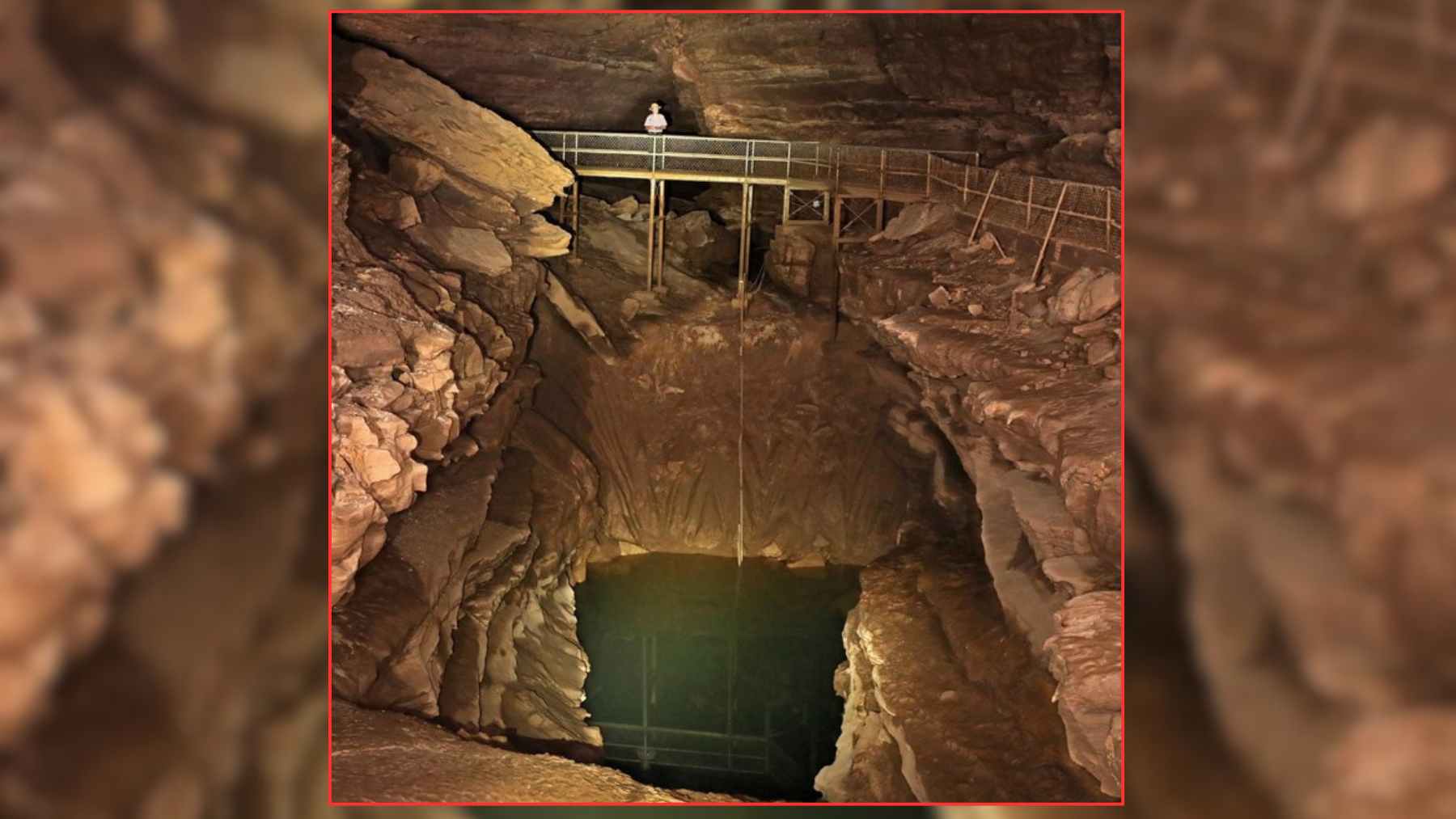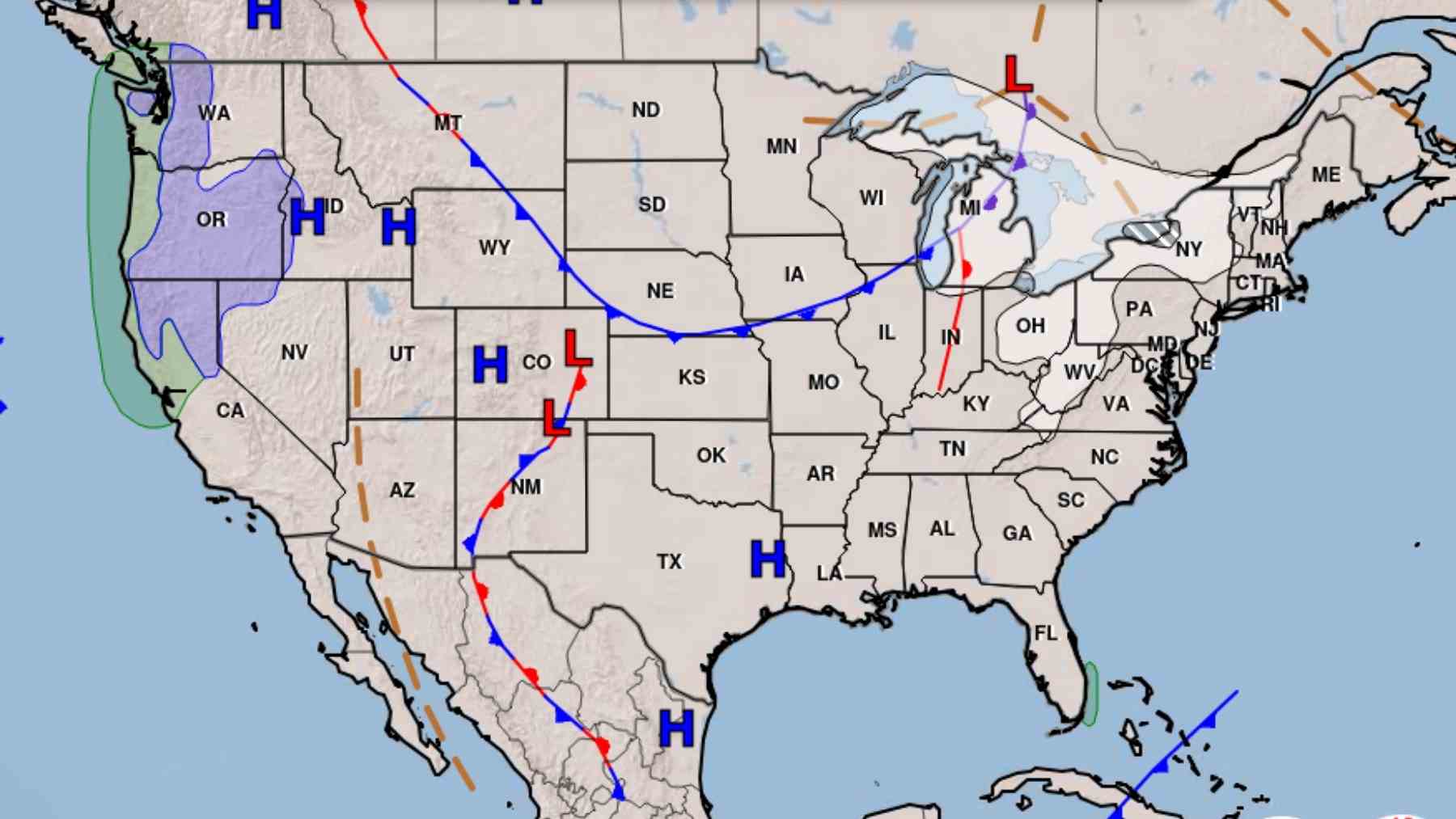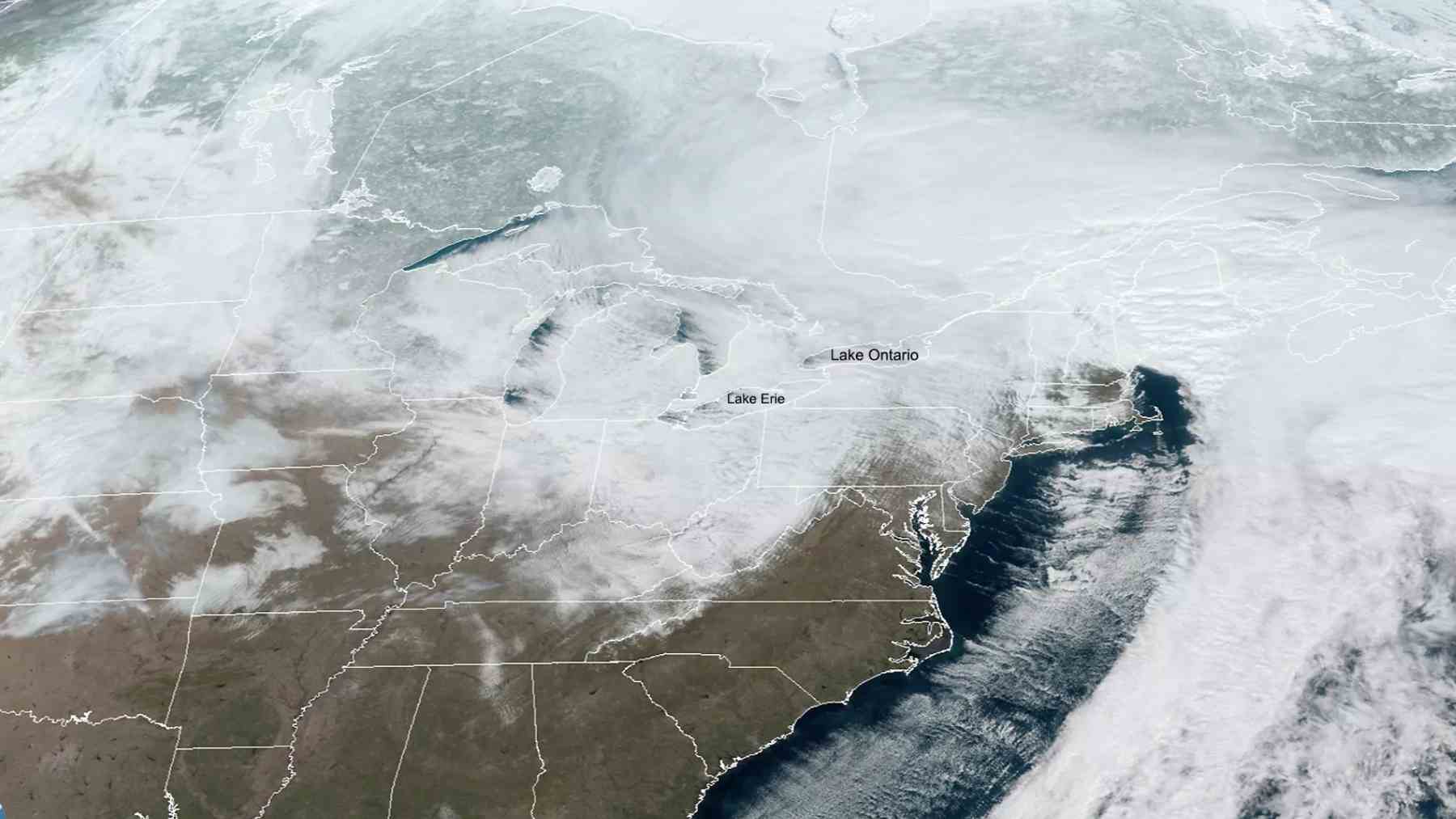Russia finds oil reserves beneath the British Antarctic Territory, which has long since been protected as per international treaty. Russia’s findings have uncovered approximately 511 billion barrels of oil, which is more crude oil than ever imaginable. This discovery proves that Russia has found a mega field hidden beneath the frozen continent, prompting further fears that global powers may look to tap into this potential hidden under the ice.
Russia’s discovery has prompted a look into the ice
Russia’s geological survey ship, operated by Rosgeo, has conducted various surveys in the Weddell Sea region, found within the British Antarctic Territory. Although being said to be purely scientific, experts, including Professor Klaus Dodds, professor of geopolitics at Royal Holloway University, seem to believe otherwise. According to the Professor, these ‘research missions’ are a disguise geared towards extracting resources.
One such discovery that has piqued Russia’s interest is the oil discovery. Since an estimated 500 barrels could prompt a change in the global energy balance, it is sustaining Russia’s interest. Nevertheless, as per the 1959 Antarctic Treaty system, any claims to resource exploitation remain frozen. Russia holds to its stance that it will abide by the treaty and is peacefully conducting research.
The Antarctic treaty holds oil in its ice
Since the Antarctic Treaty was signed by 12 countries during the Cold War, military activity, including resource extraction on this continent, is barred. So far, 56 countries are signatories, and no country, Russia included, has exercised territorial claims favoring cooperation over resource extraction.
The oil discovery has somewhat led to the erosion of the cooperative stance. Both Chile and Argentina, which have territorial claims overlapping with the British Antarctic Territory, have started expressing interest. It is evident that Antarctica’s strategic value is growing. Antarctica also has more freshwater compared to anywhere else, so it makes sense why the focus falls on Antarctica as a geopolitical prize.
Excitement over resource potential in the Antarctic
With the melting of Antarctic ice comes the discovery of oil. Being the continent that is a home to more than 70% of the world’s freshwater, all in ice, the melting of this ice would cause a rise in sea levels. It is a known fact that even a slight loss of ice could impact weather systems alongside precipitation patterns. This same melting is leading to the discovery of fossil fuel reserves.
Tapping into the oil potential by drilling could speed up the environmental crisis that led to its exposure in the first place. Should humans do nothing, or should they tap into the resource potential found beneath Antarctic ice? Is renewable energy worth it?
Although many view the Vernadsky Research Base as being beneficial, the base sits on such an astonishing discovery. Then again, the treaty poses a problem where the Antarctic is seen as a continent that should unite countries and lead to upholding the peace, and not a continent with the resource potential to divide countries. Yes, Russia has found the most powerful energy, but its underground and perhaps Russia too is interested in mining it that way.
Looking deeper into what lies beneath the Antarctic ice
Russia’s finding that lies beneath the melting Antarctic ice could signify a shift in energy geopolitics and put a strain on an aged treated that demanded peace. Although the oil found beneath the ice may improve energy security across the globe, tapping into this oil potential and extracting it could mean serious costs to the planet and the environment. Should Russia pursue the fossil wealth found beneath the ice and divide the world, or should Russia continue research initiatives only? It’s true, Russia has found Earth’s largest mine, but Russia would have to blow up this continent to tap into this resource potential.
